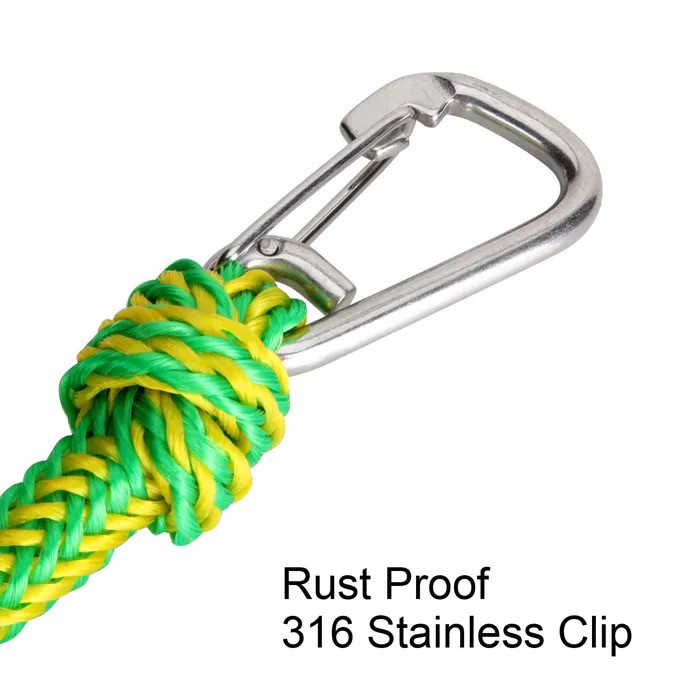When it comes to protecting your valuable investment, such as a boat or yacht, one cannot overlook the importance of dock lines. These strong and durable lines are essential for securing your vessel to a dock, preventing it from drifting away or being damaged by harsh weather conditions. As a savvy boat owner, you understand that investing in the right equipment is crucial, and that includes choosing the most suitable dock lines for your specific needs. With a wide range of customization options available, you can find the perfect fit to enhance the safety and longevity of your watercraft.
Benefits of Material Variety
One of the key benefits of investing in Custom Dock Line is the ability to choose from a variety of materials. Traditionally, dock lines are made from nylon, polyester, or a blend of both. Each material has its own set of advantages, so selecting the right one for your vessel is essential. Nylon dock lines, for example, are popular due to their exceptional strength and elasticity. They provide excellent shock absorption, making them ideal for securing larger boats or in areas with high wind or wave conditions. On the other hand, polyester dock lines are known for their resistance to UV degradation and mildew. They tend to have minimal stretch, making them perfect for smaller vessels or in areas where strong currents or tides are prevalent. By customizing your dock lines, you can choose the material that best suits your boating requirements.
Tailoring Length and Diameter
In addition to material selection, customization options also extend to the length and diameter of the dock lines. The length of the lines plays a crucial role in securing your vessel and ensuring it stays close to the dock. Customized dock lines allow you to select the appropriate length depending on your docking needs. Longer lines may be required in areas with a significant tide range, while shorter lines may be more suitable for docks with limited space. Tailoring the length of the dock lines ensures a secure and reliable mooring for your boat or yacht.
Similarly, the diameter of the dock lines determines their overall strength and load capacity. Heavier boats will require thicker lines to manage the extra weight and strain they impose. Customizing the diameter of the dock lines allows you to match the lines' strength and load-bearing capacity with the specific requirements of your vessel. By doing so, you can have peace of mind knowing that your boat is securely moored, even during adverse weather conditions or high traffic areas.
Features Enhancing Performance
Furthermore, selecting the right features for your dock lines is key to maximizing their performance and longevity. Customized options can include features such as chafe protection, reflective strips for improved visibility, and even color choices to match your vessel's aesthetic. Chafe protection, such as leather or nylon sleeves, can be added to areas where the dock lines are likely to come into contact with sharp edges or rough surfaces, avoiding unnecessary wear and tear. Reflective strips greatly enhance visibility, especially during nighttime docking or in busy marinas. Lastly, color options allow you to personalize your dock lines while ensuring easy identification and differentiation from other lines on the dock.
Conclusion: Tailoring Safety and Longevity
In conclusion, the benefits of investing in customized dock lines are abundant. By exploring the various material options, length and diameter choices, and additional features, you can tailor the dock lines to perfectly suit your specific boating needs. With these customization options, you can ensure the safety, security, and longevity of your boat or yacht, providing you with the peace of mind you deserve while enjoying your time on the water.


No comments yet